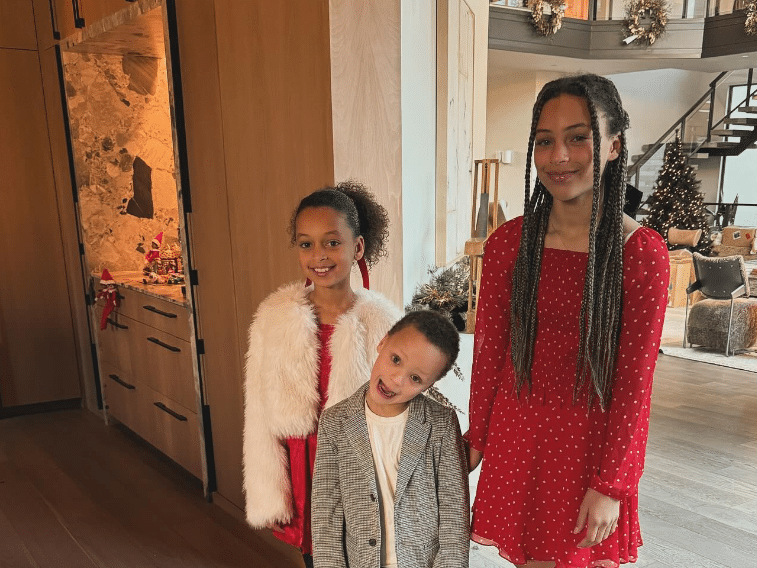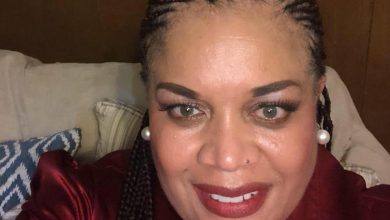“Being Told You’re ‘Old’ Feels Wild”


Ayesha Curry is sparking a conversation about how people talk about pregnancy as women age.
The actress, author and chef recently announced that she and her husband, NBA star Stephen Curry, are expecting their fourth child, adding to their family of five. Ayesha, 34, shared her pregnancy news in the cover story for her website, Sweet July, where she reflected on her experiences being pregnant in her mid-30s versus her 20s.
“What’s been really interesting has been my doctor’s appointments,” Ayesha wrote. “I’m in my 30s, and so there’s all this paperwork referring to the experience as a ‘geriatric pregnancy’ and all the concerns that come along with that.”
Ayesha gave birth to her eldest child, daughter Riley, nearly 12 years ago, at the age of 22. She was in her mid-20s when she welcomed their second daughter, Ryan, three years later, in 2015, and then in her late 20s when she gave birth to their son, Canon, in 2018, according to ABC News.

Ayesha is in the company of many women, who are choosing to have children later in life. According to the National Institutes of Health, about 20 percent of women in the U.S. now have their first child after age 35.
As more women choose to have children later in life, Ayesha hopes to see a shift in the narrative surrounding pregnancy and age. She believes that the term “geriatric pregnancy” can be alarming and feels that the conversation needs to be more nuanced.
“I think there’s something that needs to be more nuanced when it comes to women, their age, and conversations around having children,” Ayesha wrote. “Many women in their 30s and 40s are going through this for the first time, and being told you’re ‘old’ feels alarming and wild. I think the narrative needs to be shifted a little bit.”
RELATED: There’s More To Ayesha Curry Than The Title ‘NBA Wife…’
The term “geriatric pregnancy” is used to describe pregnancies in women over the age of 35. While this term is still commonly used in the medical community, it has been criticized for its negative connotations. The American College of Obstetricians and Gynecologists (ACOG) now uses the term “advanced maternal age” instead.
Despite these challenges, Ayesha’s journey with advanced maternal pregnancy has been one of joy and excitement. She has




